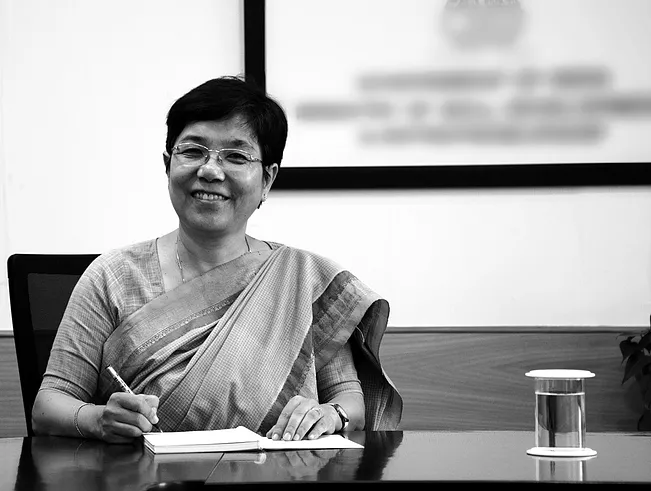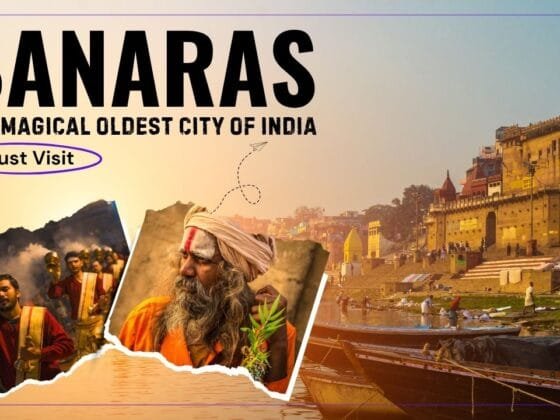Jyotsna Sitling; Story of the First Female Tribal IFS Officer

livingmypromisein
Jyotsna Sitting is a woman who has spent her whole life working relentlessly for restoring our ecosystem. She is the woman who changed the fate of the Himalayan region. Not only she has been working as a saviour to our environment but also a messiah to the locals for providing them jobs. Jyotsna Sitting moreover is the first female IFS officer. She belongs to a small village in West Bengal. The amount of love she has for nature speaks through her work. Flora and Fiona have always been her fascination. She is above all an avid trekker as well.
Her real work towards saving the ecosystem started in 2002 when she was appointed as a director of Nanda Devi National Park (NDNP) in Uttarakhand. That’s where it all happened and she decided to regenerate the area of Uttarakhand. The Nanda Devi Reserve has two parks namely the Valley of Flowers national park and the Nanda Devi National Park. Jyotsna was very clear about her first move. She started campaigning with the help of the local community.
The work lasted for 14 months
By the end of the 14 months, her team collected a whopping 44 tons of garbage in 14,000 gunny bags. Moreover, they even collected tonnes of mule dung which came from 500 mules making regular trips during the five-month pilgrimage season. The team then transported the whole filth on horseback to Govindghat. It was then further taken to Delhi for recycling purposes. Above all, since the object behind all this hassle was to save the ecosystem and Valley of Flowers National Park, Jyotsna and her team took no shortcut to get rid of the filth. It was crucial that they transported it to Delhi for recycling.
Then came Jyotsna’s second mission. She wanted to demolish the 400 shacks of the resident business population (76 families) and combine them into 76 shops. One shop for each family. These shacks were actually unorganised shops that enormously contributed to polluting the trek tail to the Gurdwara. Luckily, Jyotsna was successful in convincing the residents of her new plan. Thus, the 400 shacks finally came down to 76 shops. Most importantly, she could not ignore the lives of the residents for the sake of environmental sustainability. She needed to consider both sides which she did with the utmost sense of responsibility.

With her calm and determined spirit, Jyotsna handled the whole situation very well and was successful in her second mission too
The second mission not only proved as a great relief for the Valley of Flowers but turned out to be in local residents’ favour as well. She earned people’s trust that she was working well for them. Apart from these missions, Jyotsna also started an Eco-Development Committee (EDC). This eco-fee system helped in raising capital for cleaning operations. Above all, it also helped in building services for the pilgrims such as insurance policies and supplying rented plastic coats. This, as a result, helped in creating a tie between the livelihood of local residents with environmental sustainability.
Jyotsna Sitling’s efforts and determination finally received an achievement call when UNESCO declared the Valley of Flowers a World Heritage Site. She rightfully won the prestigious Indira Gandhi Paryavaran Puraskar which is the country’s highest environmental honour. She is a true example depicting that unity has power and that we can make anything possible if we work together.
Tamanna Sharma, the Founder of Earthling First

 Add to favorites
Add to favorites








